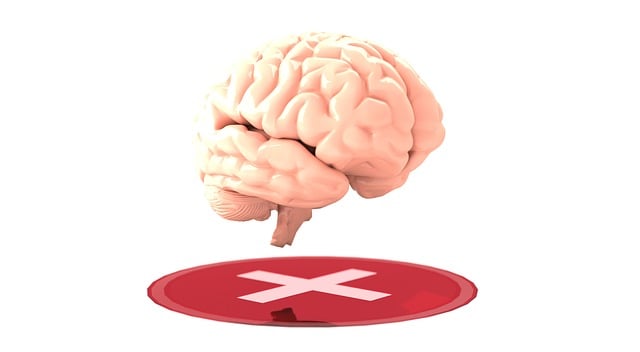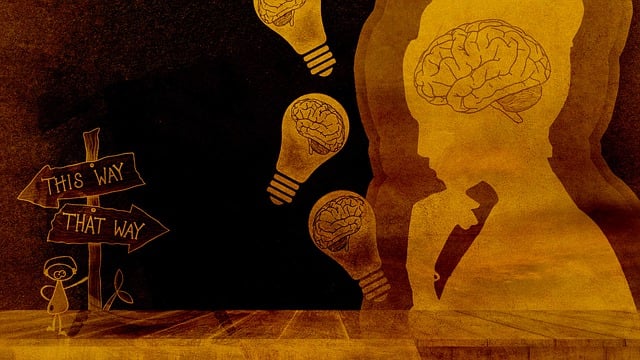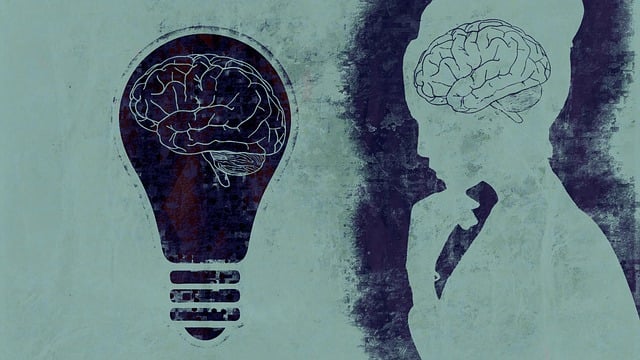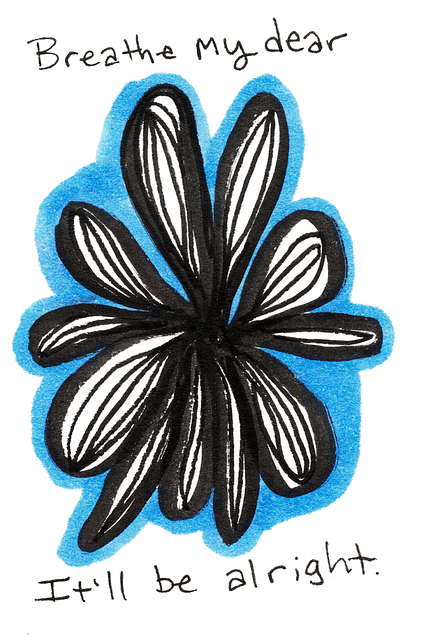Media portrayal of mental health significantly influences public perception, either positively by fostering understanding or negatively by perpetuating stereotypes. Accurate depictions can reduce stigma and encourage help-seeking behaviors, especially crucial for vulnerable populations like elders. Healthcare providers must actively promote positive messages through media, emphasizing early intervention and effective treatments, including therapy for elder sexual addiction. Sensationalism and comedy often dominate current media narratives about senior mental health struggles, reinforcing stereotypes. Integrating real-life recovery stories and trauma support services into mainstream narratives can significantly impact societal perception, fostering empathy and support for elders dealing with sexual addiction and broader depression prevention discussions. Collaborative efforts between media, healthcare providers, and the public are essential for creating an inclusive, supportive environment for mental health discourse.
Mental illness representation in media significantly influences societal perceptions about mental health. This article delves into the impact of media portrayal, focusing specifically on elderly sexual addiction—a growing concern demanding attention. We examine the current state of this depiction and explore proactive solutions to foster more accurate, sensitive, and therapeutic representations. By advocating for positive change, we aim to enhance public understanding and support for individuals seeking therapy for elders’ sexual addiction.
- Understanding the Impact of Media Representation on Mental Health Perception
- The Current State: How Elderly Sexual Addiction is Portrayed in Media
- Proactive Solutions and Strategies for Positive Change
Understanding the Impact of Media Representation on Mental Health Perception

Media representation plays a significant role in shaping public perception about mental health. The way mental illnesses are portrayed in movies, television shows, and news media can either promote understanding or perpetuate stereotypes and misconceptions. Accurate and empathetic depictions can reduce stigma, encourage help-seeking behaviors, and foster empathy among the audience. On the other hand, negative or limited representations can exacerbate existing biases and hinder access to support for those struggling with mental health issues.
For instance, while media has made strides in depicting complex characters with mental illnesses, certain narratives often focus on extreme cases or oversimplify conditions like depression, anxiety, or even sexual addiction (a relevant concern in therapy for elders). Inaccurate portrayals can lead to a misinformed public, affecting how individuals, especially vulnerable populations, receive support. Healthcare providers must be mindful of these media influences and actively promote positive messages related to mental health through various platforms to counteract negative stereotypes, encouraging early intervention and effective treatment, such as trauma support services and burnout prevention strategies for healthcare professionals.
The Current State: How Elderly Sexual Addiction is Portrayed in Media

In the current media landscape, the portrayal of mental health issues among the elderly remains a challenge. Specifically, sexual addiction in older adults is often depicted in a manner that reinforces stereotypes and offers limited insight into the complex nature of this problem. Many portrayals fall back on sensationalism or comedy, reducing a serious issue to a mere plot device or source of comedic relief. This superficial treatment not only fails to provide accurate information but also contributes to the stigma surrounding mental health struggles among seniors.
The media’s responsibility extends beyond entertainment value; it plays a pivotal role in shaping public awareness and understanding. Therefore, there is a pressing need for more nuanced representations that reflect the reality of therapy for elderly sexual addiction. Incorporating stories that showcase the trauma support services available and highlighting the importance of early intervention could significantly impact how society perceives and addresses this issue. Moreover, these narratives can contribute to broader discussions on depression prevention among the aging population, fostering a culture of empathy and support.
Proactive Solutions and Strategies for Positive Change

In addressing mental illness representation in media, proactive solutions and strategies are essential for driving positive change. One such approach involves integrating therapy for elders with sexual addiction into mainstream narratives, fostering a more nuanced understanding among diverse audiences. By normalizing conversations around this issue, media can contribute to reducing stigma and promoting empathy. Moreover, incorporating real-life stories of recovery and resilience can serve as powerful tools to challenge stereotypes and provide hope for those struggling.
Effective risk management planning for mental health professionals is another critical aspect. Implementing comprehensive risk assessment strategies ensures that practitioners are equipped to handle sensitive cases while prioritizing patient safety. Enhancing communication strategies further facilitates open dialogues, encouraging individuals to seek help without fear of judgment. Through collaborative efforts, media, healthcare providers, and the public can collectively work towards a more inclusive and supportive environment for mental health discourse.
Media representation plays a pivotal role in shaping public perception of mental health, especially regarding sensitive issues like elderly sexual addiction. The current portrayal often perpetuates stereotypes and contributes to stigma. However, by implementing proactive solutions such as accurate, empathetic storytelling and advocating for therapy for elders with sexual addiction, we can foster more understanding and reduce the negative impact on society. These strategies are essential steps towards a more inclusive and supportive media landscape that challenges outdated narratives and promotes mental well-being for all ages.














